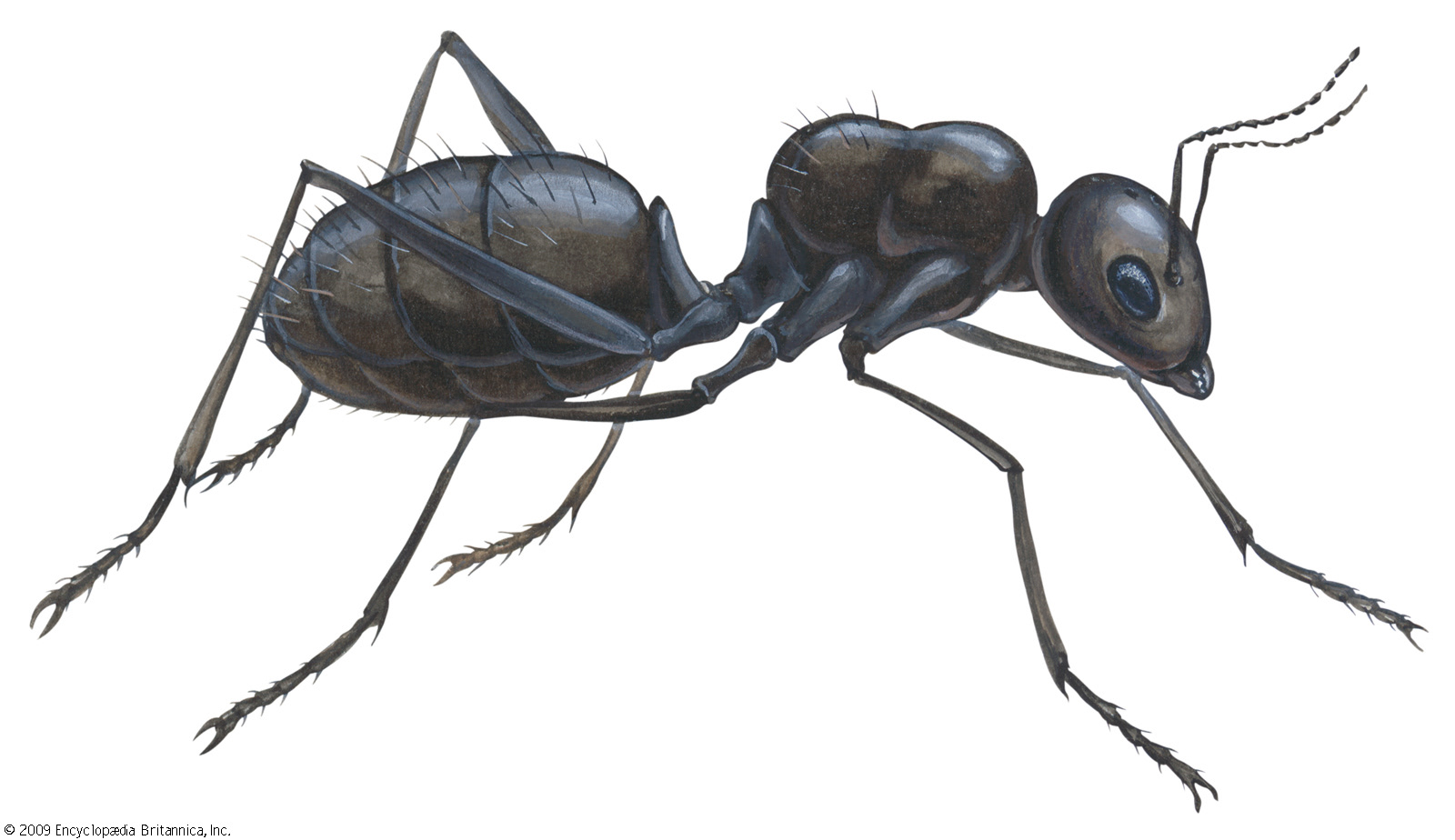Audio work, 12min, 2019
sound: Sara Pinheiro
thanks to: Lennard Dost
A work from the ant’s perspective is Caryl Churchill’s radio play "The Ants". Originally, the ants bring the political aspect into the play. In this audio piece, this implication is taken seriously and the ants are given a “political” voice from the non-human back to the human.
"The Ants" is Churchill’s first professional audio piece, broadcast on BBC in 1962. It is about young Tim, who is affected by his parents’ domestic war. He finds consolation in witnessing an ant colony. He singles out one ant he calls “Bill,” which he is especially empathetic towards. In the course of the play, Tim reacts to his vulnerability with increasing aggression. In the end, agitated by his grandfater, he pours petrol on the ant colony and sets it on fire. Tim utters an eerie laughter when the colony explodes.
It is the relationship between the domestic drama and terror elsewhere that interested Churchill: “If I cut my finger […] it would be an awful thing, but obviously much worse things are happening far away and one can’t relate to them. That kind of discrepancy, in lots of different ways, is something I’ve thought about for a long time. In fact, my first radio play [The Ants] was really about that. [1]
In the play, Tim’s personal situation is linked to the global political through the ants. The explosion of the ant colony is related to nuclear warfare in several readings from critics, since “it touches on nuclear era uncertainty, helplessness and fear.” [2] The ants are also a symbol of survival, e.g. as stated by Deleuze/Guattari: “You can never get rid of ants because they form an animal rhizome that can rebound time and again after most of it has been destroyed.” [3]
Animals are “good to think with” (Lévi-Strauss), but often only discussed in a symbolic way without taking real-life entanglement into account. Starting with Aristotle, the ant colony has been a strong metaphor in political theory. The metaphor of the ant colony has been one of human order and hierarchy. But this metaphor is flawed. It is not a hierarchical system, but rather rhizomatic; “the queen does not rule.” [4] The colony itself can be understood as a “superorganism,” [5] comparable to the human body. One human cell by itself is quite simple und “stupid”, but put them all together and you have a complex system which makes your body. So, ants don’t serve as a metaphor for the social and the political for nothing: They are the superorganism, the social and the rhizome. But on the other side, they are real living beings. In terms of their global population’s total mass, ants are second only to humans. [6] In my artistic work, I explore the following question: What would happen if the ant colony was able to communicate its perspective on Churchill’s play? What if it was to function not only on the symbolic level, but as real, “worldly” (Donna Haraway) companions? How would they respond? Since ants mostly communicate through pheromone and short touches of each other (tactile communication), so obviously my artistic work can be only a speculative interpretation – how could the ants respond from a collective and social perspective?
text references:
[1] Elaine Aston and Elin Diamond. 2009. “Introduction: on Caryl Churchill”, The Cambridge Companion to Caryl Churchill. Cambridge University Press, p. 1-17, p. 6
[2] Elin Diamond: ‘On Churchill and terror’, in: Elaine Aston and Elin Diamond (ed.): The Cambridge Companion to Caryl Churchill. Cambridge University Press 2009, p. 125-143, p. 129
[3]Gilles Deleuze and Felix Guattari. 1987 [1980]. A Thousand Plateaus. Minneapolis, London: University of Minnesota Press, p. 9
[4] Deborah M. Gordon. “The queen does not rule”. 19.10.2016. Aeon. https://aeon.co/essays/how-ant-societies-point-to-radical- possibilities-for-humans
[5] Der ganze Staat ist das Hirn“ [Spiegel in conversation with Bert Hölldobler]. 1.2.2010. Spiegel Online. http://www.spiegel.de/spiegel/a-675404.html
exhibitions:
2020 Wake Words. Conceived by Enar de Dios Rodríguez, Olena Newkryta, and Marlies Poeschl. Kunstraum Niederösterreich, Vienna, AT https://www.kunstraum.net/ de/ausstellungen/105-wake-words
2019 Digital Dramatizations: Ecologies from the Future. Curated by Dimitrina Sevova. http://www.digital-ecologies.arttoday.org/index.html
